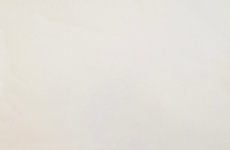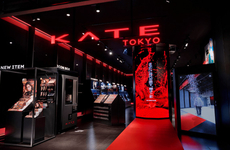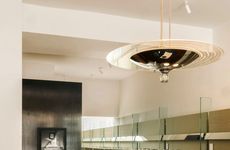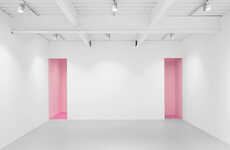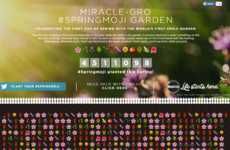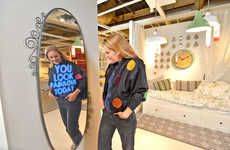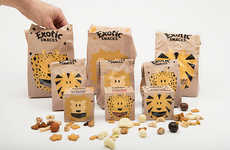
This New Art Supplies Store in Tokyo Seeks to Inspire Young Artists
Rebecca Byers — December 7, 2015 — Art & Design
References: retaildesignblog.net
Pigment is a new art supplies store in Tokyo designed by famed architect Kengo Kuma. Boasting a mesmerizing undulating bamboo interior, the welcoming retail space was conceived to be an 'art supply laboratory' and is a project of Japanese company Warehouse Terrada.
Intended to be a catalyst in inspiring young artists to take up traditional Japanese methods of production, the store is color-coordinated and regularly hosts workshops and classes with art professors and skilled artisans. The store also offers expert-level advice on its products, which will likely be necessary given that there are literally 4,000 shades to choose from.
Pigment is a dynamic concept shop that uses an interactive, upleveled retail experience to educate consumers on traditional methods of production that will inform them on how best to use the store's product offering.
Intended to be a catalyst in inspiring young artists to take up traditional Japanese methods of production, the store is color-coordinated and regularly hosts workshops and classes with art professors and skilled artisans. The store also offers expert-level advice on its products, which will likely be necessary given that there are literally 4,000 shades to choose from.
Pigment is a dynamic concept shop that uses an interactive, upleveled retail experience to educate consumers on traditional methods of production that will inform them on how best to use the store's product offering.
Trend Themes
1. Interactive Retail Experience - Using an interactive, upleveled retail experience to educate and engage consumers.
2. Revival of Traditional Methods - Inspiring young artists to take up traditional Japanese methods of production.
3. Color Coordination in Retail - Creating a color-coordinated retail space to enhance the shopping experience.
Industry Implications
1. Art Supplies - Creating disruptive innovation opportunities by offering expert-level advice, workshops, and classes on traditional methods of production.
2. Retail - Exploring disruptive innovation opportunities through interactive retail experiences that educate and engage consumers.
3. Education - Harnessing the power of art to educate and inspire young artists, providing knowledge on traditional methods of production.
5.5
Score
Popularity
Activity
Freshness



